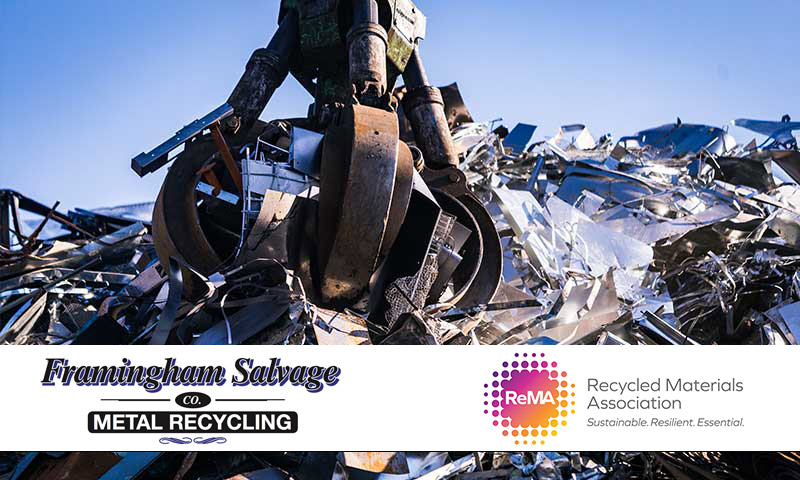Modern recycling technologies can effectively identify different types of metals, although more efficient recycling technologies are needed to separate non-ferrous metals. However, there are so many centers for metal recycling in Sydney such as http://www.tecbogroup.com.au that help in sorting these metals before recycling them.
Metals can be divided into ferrous or non-ferrous metals. Ferrous metal is a combination of iron and carbon. Some common ferrous metals are alloy steel, carbon steel, wrought iron, and cast iron. On the other hand, non-ferrous metals are copper, aluminum, tin, and zinc. The most common but precious metals are gold, platinum, silver, iridium, and palladium.

Image Source: Google
The separation of ferrous metals from non-ferrous metals is one of the most important steps in the sorting process. Since ferrous metals contain iron, they are attracted to magnets and can be easily removed from mixed waste streams. They can remove larger scraps of scrap metal in used cranes equipped with electromagnets.
When sorting metals from a recyclable mixed stream, the paper is first removed so that only the plastic and metal remain. An electric current is then induced by the flow, whereby only the metal is affected. This method is known as eddy current separation.
Recovery of precious metals such as palladium, platinum, gold, and other precious metals such as copper, lead, and silver from electronic scrap only makes economic sense if sufficient scrap is collected. Such separation requires more technological and sophisticated recycling equipment.
Today, the use of sensors to identify metals by infrared and X-ray scanning is becoming popular in large recycling plants. The three general categories of metal-sensitive processes include biotechnology, hydrometallurgy, and pyrometallurgy. Using this technology can effectively increase the metal recovery rate.